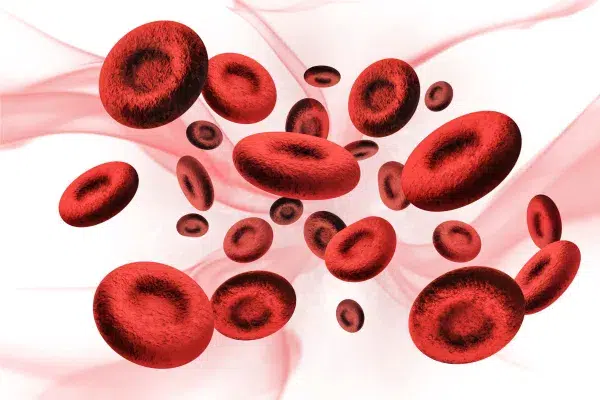ME/CFS Adaptive Therapeutic Solution Platform (MEDUSA) – Phase 1
The purpose of phase 1 of this study is to identify promising treatments for specific subgroups of people with ME/CFS, which will be evaluated in later phases.
Neutrophil Assessment Platform

This project aims to develop and use a platform that can evaluate neutrophil dysfunction in ME/CFS.
Viral Risk Factors in ME/CFS

This project aims to characterize viral factors associated with immune responses and inflammation in ME/CFS.
Multi-Omic Approaches to Solve Post-Acute COVID-19 (MOSAIC)

The purpose of this study is to facilitate early detection of ME/CFS in people with Long COVID and better understand disease progression.
Brain Flow & Inflammation in ME, POTS & Long COVID

The study aims to explore the structural, neuro-vascular, and biochemical differences in the brains of individuals with ME/CFS, Long COVID, and POTS to elucidate the underlying pathology and identify potential targets for effective treatment strategies.
Personalized Treatment Trials: Monitoring and Improving the Connection of Treatments to Patients

The study aims to deeply characterize patients before, during and after treatments are trialed through their GP. Producing large scale data in combination with treatment outcome will be used to produce a predictive algorithm to improve the connection of patients to appropriate treatment options sooner.
MELLOW: Tracking Hormone Fluctuations in ME/CFS and Long COVID

The study aims to investigate how hormone fluctuations in individuals with ME/CFS and Long COVID, compared to healthy controls, impact metabolism and immune pathways by measuring hormones, metabolites, and inflammation markers in biofluid samples.
25-Day Metabolite Monitoring Study of ME/CFS Patients

The study aims to investigate the effects of supine vs upright exercise on cerebral blood flow, blood pressure, heart rate, and the presence of autoimmune antibodies in ME/CFS patients with orthostatic intolerance, compared to controls, to understand the underlying mechanisms and differences in symptom severity and post-exertional malaise.
Crash-Course: Studying PEM/flares in ME/CFS, PTLDS, Long COVID

The study aims to compare biological markers during mild symptoms and flare/PEM events in individuals with ME/CFS, alongside PTLDS and Long COVID patients, using finger-prick blood samples and continuous data from wearable sensors to understand symptom variability.
AusME Biobank Biomarker Project

The study aims to utilize the Australian ME/CFS biobank for metabolomics analyses and other assays to identify potential biomarkers for Myalgic Encephalomyelitis/Chronic Fatigue Syndrome, contributing to a comprehensive dataset for large-scale analysis.